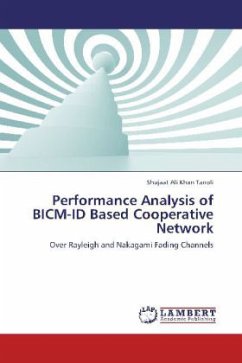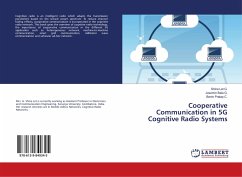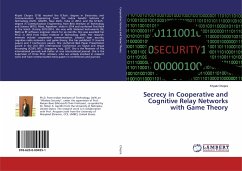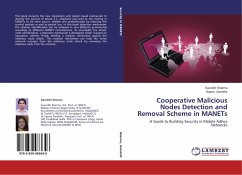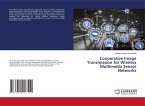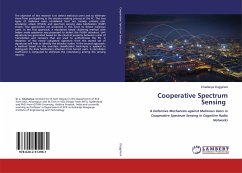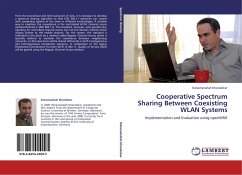The performance of BICM-ID based cooperative networks over AWGN channel, Rayleigh and Nakagami-m fading channels are analyzed to ensure the advantages of both code and cooperation diversity. TDMA-based cooperative protocol is used for transmission and relay is operating in amplify-and-forward (AF) mode with fixed gain. The theoretical formulation is made for the system in terms of bit error rate (BER) bounds over different fading channels. The system is analyzed for different decoding schemes for single relay cooperative network with the help of both numerical and simulation results. For the numerical results of union bound on BER, moment generating function (MGF) based approach is used. Maximal ratio combining (MRC) is used at the destination to ensure the advantages of spatial diversity.
Bitte wählen Sie Ihr Anliegen aus.
Rechnungen
Retourenschein anfordern
Bestellstatus
Storno

